What is a Pension? A pension is a smart way to save for your future when you're no longer working. There are two main types: Personal Pension: You set this up yourself with a pension provider. Workplace Pension: Your employer contributes alongside you, usually by deducting a portion from your
P11D Expenses & Benefits Explained for Employers
What are P11D forms? These forms report expenses and benefits given to employees that haven't been taxed yet. Your company needs to submit them to HMRC (the UK tax authority) annually. Who needs a P11D? Not everyone. Taxlab can advise you on this based on your specific situation. There are two P11D
A guide to the Autumn Statement 2023
The headline message from the Chancellor The Chancellor delivered his Autumn Statement for Growth aimed at building a stronger and more resilient economy. He highlighted that the plan is to “unlock growth and productivity by boosting business investment by £20 billion a year, getting more people
IR35 and off-payroll working in the UK: What you need to know
IR35 is a set of rules that determine whether a contractor working through their own limited company should be treated as an employee for tax purposes. If the contractor is deemed to be an employee under IR35, the client will be responsible for paying employer's National Insurance contributions
P11D – Expenses and Benefits
As an employee or employer in the United Kingdom, you may have come across the term "P11D" at some point. The P11D form plays a crucial role in the tax system of the UK, and it is essential to have a clear understanding of its purpose, requirements, and implications. In this comprehensive guide, we
UK minimum wage changes in April 2023
The UK minimum wage will increase on 1 April 2023. The National Living Wage (NLW) will increase to £10.42 per hour for workers aged 23 and over. The NLW for 21-22 year olds will increase to £10.18 per hour, and the NLW for 18-20 year olds will increase to £7.49 per hour. The NLW for 16-17 year olds
Redundancy Pay In The UK
In the United Kingdom, redundancy pay is a legal entitlement for employees who are made redundant, subject to meeting certain criteria. The rules regarding redundancy pay are outlined in the Employment Rights Act 1996. If you are facing redundancy in the UK, it is important to be aware of your legal
Demystifying Statutory Sick Pay (SSP) Calculation in the UK
Introduction When employees in the UK fall ill or are unable to work due to disability, they may be eligible for Statutory Sick Pay (SSP). Understanding how SSP is calculated is crucial for both employers and employees to ensure accurate payments. In this blog post, we will delve into the
Job Support Scheme – Key Points
How to set up a PAYE Scheme for your company
You must register as an employer with the HM Revenue & Customs (HMRC) if you are running a company or a business that employs staff to carry out work on your behalf for exchange of salary or benefits. ‘Pay As You Earn’, or PAYE, is the system by which HMRC collects income tax and National









